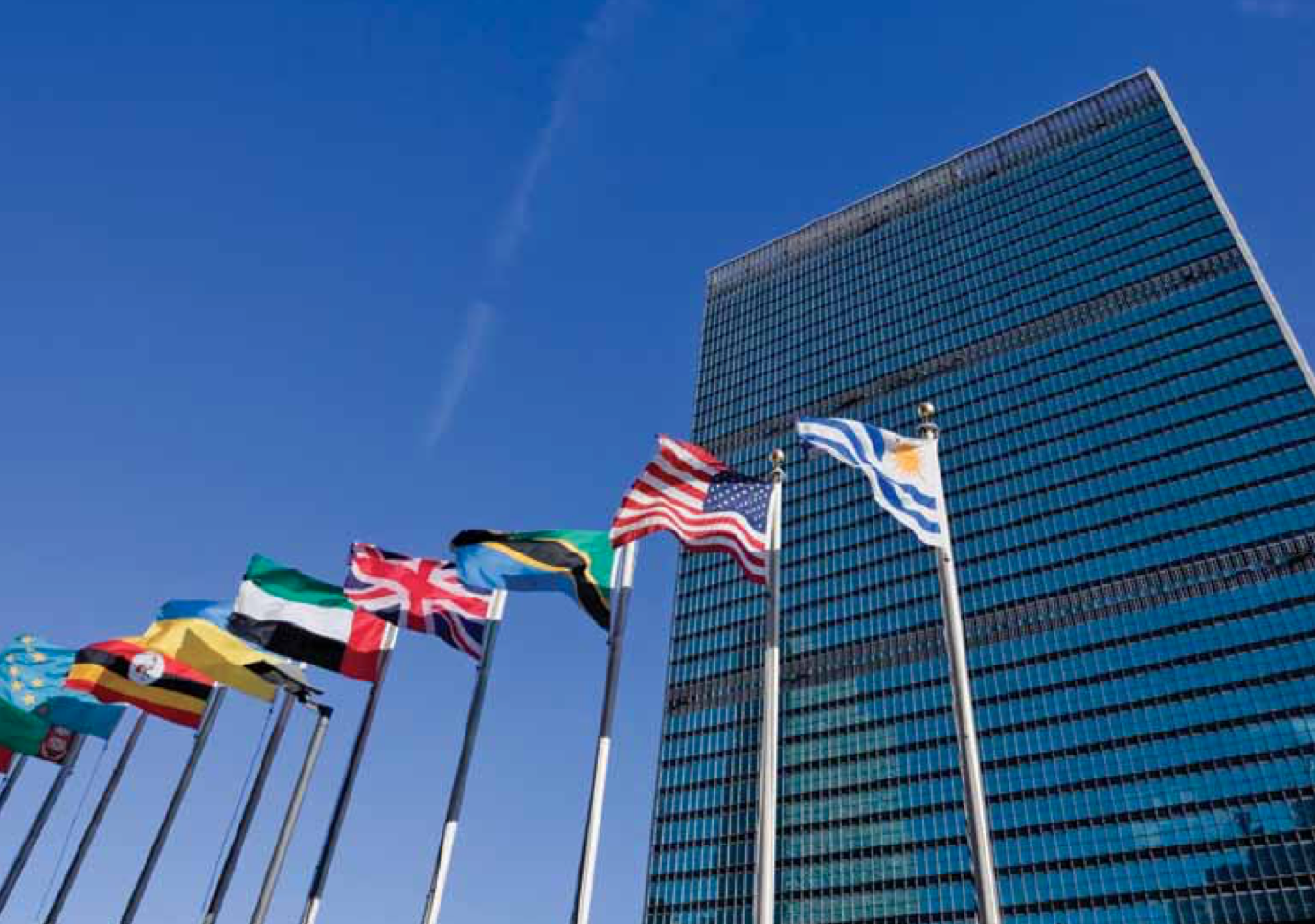(InFocus) – When the International Atomic Energy Association (IAEA) was established in 1957, it was largely a technically-oriented body focused on the peaceful uses of atomic energy in accordance with U.S. President Dwight D. Eisenhower’s vision of “Atoms for Peace.” The Nuclear Non-Proliferation Treaty (NPT), signed 11 years later in 1968, was designed to enforce this vision of peace. However, the system has been beset with flaws from its inception. It was based on the notion that all states would be honest about their nuclear programs, and their intentions. Accordingly, there are no enforcement provisions.
The IAEA has, over time, lost sight of its original mission. Rather than performing technical studies to assess the nuclear capacity of states and leaving the political considerations to the United Nations Security Council, the IAEA has strayed into the business of international politics. In this capacity, it has too often apologized for proliferators rather than hindering their illicit actions.
The Paradox of the NPT
The NPT, which is essentially the IAEA’s mandate, has made headlines of late. Faced with the challenge of thwarting Iranian attempts to harness nuclear energy for weapons, U.S. President Barack Obama has underscored the importance of the NPT’s three pillars: non-proliferation, disarmament, and the right to civilian nuclear activities.
These pillars, however, are not always easy to reconcile. Several of the President’s recent speeches underscore this. For example, in his Prague speech, on April 5, 2009, Obama declared that the international community must support his vision of a world without nuclear weapons. Yet, Obama also stated that, “as long as these [nuclear] weapons exist, the United States will maintain a safe, secure, and effective arsenal to deter any adversary, and guarantee that defense to our allies.” So much for disarmament.
Then, in a speech from Cairo two months later, Obama stated, “No single nation should pick and choose which nation holds nuclear weapons.” This seems to undercut the notion that the U.S. has the right to impose economic sanctions against offending states. So much for non-proliferation
Finally, Obama has repeatedly underscored the right of any state to develop nuclear power for civilian purposes. Yet, the IAEA lacks the ability to ensure that these programs are strictly for civilian use.
Read Full Article: InFocus
Barak Seener is the CEO of Strategic Intelligentia and a former Middle East Fellow at the Royal United Services Institute (RUSI). He is on Twitter at @BarakSeener.




